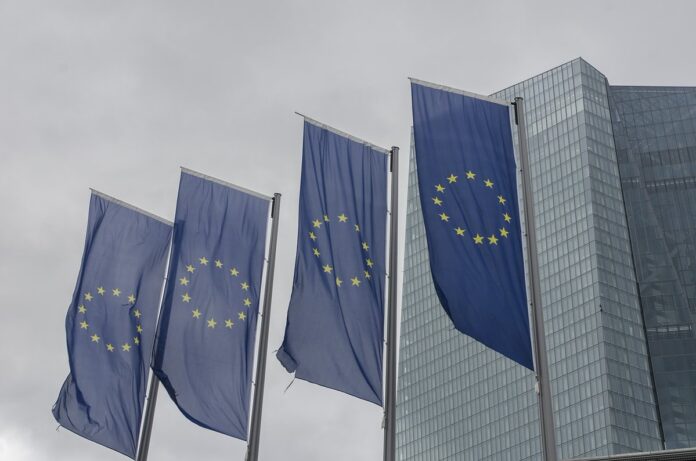
New EU regulations on thermal modernization of households are a considerable challenge, but under no circumstances should Poland abandon the battlefield, because we can win concessions and a larger pool of funds for this purpose – Wojciech Jakóbik, editor-in-chief at BiznesAlert.pl told radio WNET.fm.
- „The energy crisis forces us to save, because the times of carefree stability and continuous prosperity are over. Of course, Poland cannot adopt the same regulations as southern Europe, because our energy conditions are different,” he said.
- Jakóbik emphasized that the majority of politicians in Poland support the energy transition and the move away from coal. He added that during the talks, the best solution would be to establish a common position and negotiate arrangements, instead of casting a veto.
- The expert noted that until the 2030s no one will force Polish citizens to dismantle gas installations in favor of heat pumps or other zero-emission heat sources, but gas boilers will no longer be possible.
The EU’s climate policy on thermal modernisation, energy losses and emissions will be tightened. The new rules raise considerable concerns in Poland, where a large proportion of households still use coal for heating purposes.
„First, the EU goals will be translated into the plans of the member states, which will then be able to apply for special conditions, as in the case of coal, gas and heating. Poland has a chance to get additional funds and a reduced tariff, but everything will come out of the negotiation process,” points out Wojciech Jakóbik.
The expert noted that in Poland, many homes still use coal during the heating season, but there is a chance that such ambitious goals will be postponed in time. „In this matter, all Polish Members of the European Parliament will advocate for the softening of regulations. Prior to Russia’s invasion of Ukraine, Poland persistently advocated for keeping coal in power generation. Now Europe has to take into account the consequences of the energy crisis, and Poland has paradoxically found itself in the vanguard of green change. It is important to find the golden mean,” he says.
Jakóbik emphasized that the majority of politicians in Poland support the energy transition and the move away from coal. He added that during the talks, the best solution would be to establish a common position and negotiate arrangements, instead of casting a veto.
During the interview, Jakóbik was asked about the impact of the EU’s regulations on the Polish society. „The energy crisis forces us to save, because the carefree times of stability and continuous prosperity in the West are over. Of course, Poland cannot adopt the same regulations as southern Europe, because our energy conditions are different. I would like to remind you that Poland managed to negotiate the use of gas for heating purposes until the 2030s, so participation in the talks makes sense. We absolutely cannot leave the battlefield,” he said.
At the end of the interview, the expert was asked about the possible consequences for the Polish society. The expert noted that until the 2030s no one will force Polish citizens to dismantle gas installations in favor of heat pumps or other zero-emission heat sources, but the installation of gas boilers will no longer be possible.
Opracował Jacek Perzyński